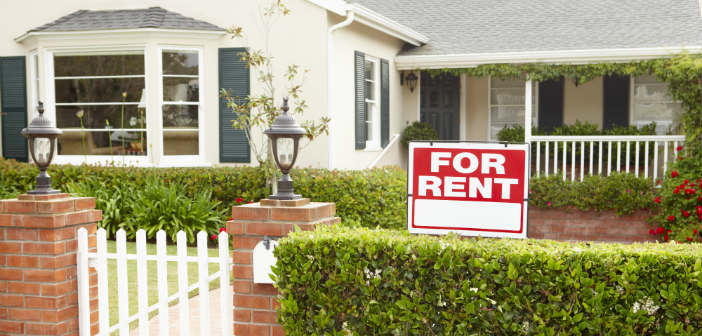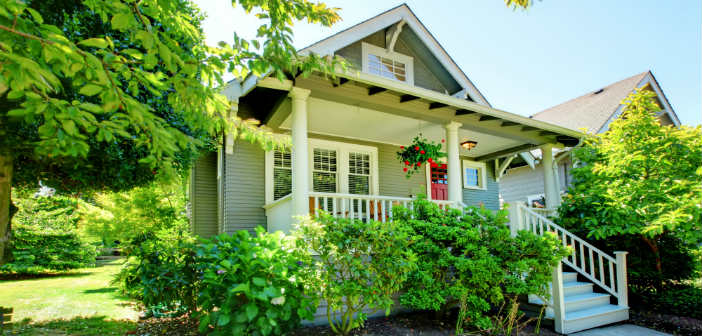Tax season is upon us here in the Northern California Foothills. The article 25 Items You May Be Able to Write Off for Rental Properties recently posted by BiggerPockets.com, is a great reference for Nevada County and Placer County CA investment property owners to read when preparing paperwork to complete their 2016 taxes. As this article states, we highly recommend you consult with a professional regarding this topic. However, this can be a great starting point to gathering the information and documentation you need before you make your annual tax filing appointment. Income received from rental properties is considered passive income, and thus is treated different than typical salary or hourly income. If you own a Grass Valley, Nevada City, Colfax or Auburn rental home there may be more deductions that you have taken in the past. Enjoy.
25 Items You May Be Able to Write Off for Rental Properties
by Ali Boone | BiggerPockets.com

25 Items You May Be Able to Write Off for Rental Properties
Here are 25 things that you may be able to write-off on your rental property investment!
- Management fees (e.g. property management)
- Homeowner’s association (HOA) or condo fees
- Utilities
- Insurance
- Property taxes
- Pest control
- Landscaping
- Mortgage interest
- Other interest
- Bank fees
- Supplies
- Education/professional development
- Licenses/permits
- Leasing fees
- Legal & professional fees
- Office/telephone
- Postage/shipping
- Travel
- Meals & entertainment
- Automobile/car expenses
- Repairs*
- Appliances/fixtures/equipment*
- Minor improvements*
- Major improvements/new assets*
- Depreciation
*There are strict requirements regarding the definition of each of these. Things in these categories are grouped based on how much they cost and other requirements that make them fit into one category or the other, and each is treated differently in terms of writing them off. A licensed tax expert needs to guide you on how to file each of these appropriately.
Did you know about all 25 of those?!

Consult With a Tax Professional
Now for more boring talk about how I insist you work with a tax expert on these: You saw the note about how categorizing repairs matters for how they are filed. In addition to these strict rules, there are more general rules about how to file write-offs for things like travel, meals and entertainment, and automobile expenses. Consult your licensed tax expert for specific instructions on how to do these! I could tell you, but I’m not licensed.
For example, if you travel to one of your out-of-state rental properties to work on it, what involved with that travel can you write-off? There are some things you may not know you can write off about travel, and a lot of it depends on what percentage of the trip is dedicated to the property.
Another one that you will need help on is depreciation. If I told you that to calculate the depreciation, you can take you first need to determine the basis of the property, then separate the land and building costs, then determine the basis in the house, then determine the adjusted basis. See what I mean?
